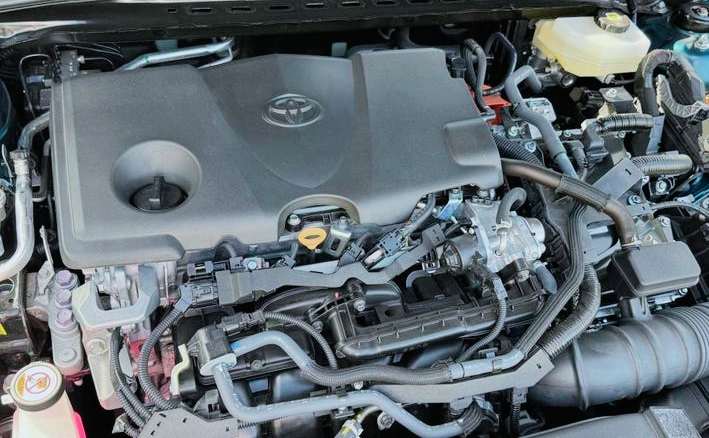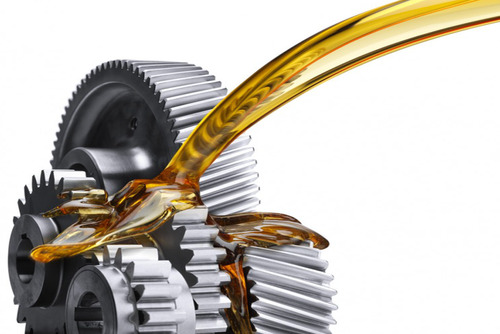Car/Vehicle Maintenance
When should I change my engine oil?

Regular engine oil changes are crucial for maintaining the health and performance of a vehicle’s engine.
The appropriate duration between oil changes is a topic that has sparked debates among car owners and experts.
In this article, we will explore the factors influencing the ideal frequency for changing engine oil and provide insights into determining the most appropriate duration for this essential maintenance task.
1. Understanding the Purpose of Engine Oil
Engine oil serves as a lubricant, cooling agent, and cleaning agent for the internal components of the engine.
Over time, oil breaks down and becomes less effective in performing these functions. Regular oil changes are necessary to ensure optimal engine performance and longevity.
2. Factors Influencing Oil Change Frequency
Several factors impact how often you should change your engine oil:
- Driving Habits: High-stress driving conditions, such as stop-and-go traffic or towing heavy loads, can accelerate the breakdown of engine oil. In such cases, more frequent oil changes may be necessary.
- Climate: Extreme temperatures, whether hot or cold, can affect the viscosity of the oil. In hotter climates, oil may break down faster, necessitating more frequent changes.
- Vehicle Age and Mileage: Older vehicles or those with higher mileage may require more frequent oil changes as engine components may experience more wear and tear.
- Oil Type and Quality: The type and quality of oil used also play a role. Synthetic oils generally last longer than conventional oils and may allow for extended oil change intervals.
3. Manufacturer Recommendations
One reliable guideline for determining the appropriate duration between oil changes is to consult the vehicle manufacturer’s recommendations.
Car manufacturers provide guidelines based on extensive testing and analysis of their engines.
These guidelines often consider the vehicle model, engine type, and driving conditions.
4. Regular Inspections
In addition to adhering to manufacturer recommendations, it’s essential to regularly inspect the oil level and condition.
Checking the dipstick can help identify whether the oil is still in good condition or if it has become contaminated.
If the oil appears dirty or has a burnt smell, an earlier oil change may be necessary.
5. Balancing Cost and Benefits
While more frequent oil changes may contribute to better engine health, it’s important to strike a balance.
Changing oil too frequently can be unnecessary and costly. Consider the specific needs of your vehicle and aim for a schedule that aligns with both manufacturer recommendations and your driving habits.
In conclusion, determining the appropriate duration for changing engine oil involves a combination of following manufacturer recommendations, considering driving conditions, and regular inspections.
By understanding the factors influencing oil change frequency, car owners can make informed decisions to ensure the longevity and optimal performance of their vehicles.
Regular maintenance, including timely oil changes, is a small investment that can lead to significant long-term benefits for your vehicle.





















